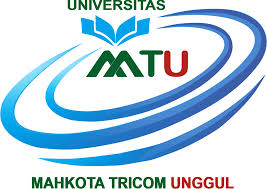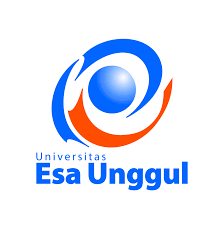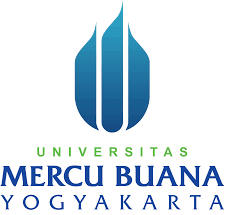The Effect of Teamwork and Workload on Employee Performance through Job Satisfaction in Employees of PT Arsakha Cipta Nusantara
DOI:
https://doi.org/10.55927/ijabm.v4i4.487Keywords:
Teamwork, Workload, Job Satisfaction, Employee PerformanceAbstract
This study aims to analyze the influence of teamwork and workload on employee performance, with job satisfaction as a mediating variable. The study was conducted at PT Arsakha Cipta Nusantara, which is engaged in wedding organizers, event management, and security. The main problems are the lack of team coordination and workload imbalances that affect employee satisfaction and performance. The research method used a quantitative approach through a survey of 97 respondents with a saturated sample technique, as well as data analysis using Partial Least Square (PLS) through the SmartPLS 4 application. The results of the study show that workload has a negative effect on job satisfaction, but it is positive on performance. Teamwork does not have a significant effect on job satisfaction, but it has a positive effect on performance. Job satisfaction also has a positive effect on performance and is able to be a partial mediator between independent variables and performance. In conclusion, job satisfaction plays an important role in improving employee performance, so companies need to balance workloads and strengthen teamwork effectively
References
Anoraga, P. (2006). Psikologi Kerja. Jakarta: Rineka Cipta.
Creswell, J. W. (2014). Research Design: Qualitative, Quantitative, and Mixed Methods Approaches (4th ed.). Thousand Oaks: Sage Publications.
Dewi, R. D., Yuniarsih, T., & Disman. (2018). Pengaruh kompensasi dan lingkungan kerja terhadap kepuasan kerja karyawan. Jurnal Manajemen Indonesia, 18(2), 105–116.
Driskell, J. E., Salas, E., & Driskell, T. (2018). Teams in extreme environments: Alterations in team development and teamwork. Human Resource Management Review, 28(4), 434–449. https://doi.org/10.1016/j.hrmr.2017.01.002
Fahmi, I. (2016). Manajemen Sumber Daya Manusia: Teori dan Aplikasi. Bandung: Alfabeta.
Ferdinand, A. (2014). Metode Penelitian Manajemen: Pedoman Penelitian untuk Penulisan Skripsi, Tesis, dan Disertasi Ilmu Manajemen. Semarang: Universitas Diponegoro.
Herawati, T., Sari, M., & Ramadhan, M. A. (2023). Beban kerja dan pengaruhnya terhadap kepuasan kerja karyawan. Jurnal Ilmu Manajemen, 11(1), 45–54.
Hartutik, P., Lestari, D., & Saputra, A. (2024). Pengaruh kepuasan kerja terhadap kinerja karyawan dengan mediasi motivasi kerja. Jurnal Manajemen dan Kewirausahaan, 26(1), 62–71.
Manzoor, S. R., Hafizullah, M., Hafeez, S., & Rehman, A. (2011). Effect of Teamwork on Employee Performance. International Journal of Learning and Development, 1(1), 110–126. https://doi.org/10.5296/ijld.v1i1.1110
Nabila, R. A., & Syarvina, V. (2022). Pengaruh beban kerja terhadap stres kerja dan kinerja karyawan. Jurnal Ekonomi dan Bisnis, 7(3), 233–243.
Priskilla, A., & Santika, A. (2020). Pengaruh kerja tim dan motivasi terhadap kepuasan kerja dan dampaknya terhadap kinerja karyawan. Jurnal Ekonomi Manajemen dan Akuntansi, 27(1), 65–78.
Robbins, S. P., & Judge, T. A. (2017). Organizational Behavior (17th ed.). Boston: Pearson Education.
Schultz, D. P., & Schultz, S. E. (2006). Psychology and Work Today (9th ed.). New Jersey: Pearson Education.
Sugiyono. (2017). Metode Penelitian Kuantitatif, Kualitatif, dan R&D. Bandung: Alfabeta.
Utomo, B. (2008). Manajemen Sumber Daya Manusia. Jakarta: Gramedia Widiasarana Indonesia.





















